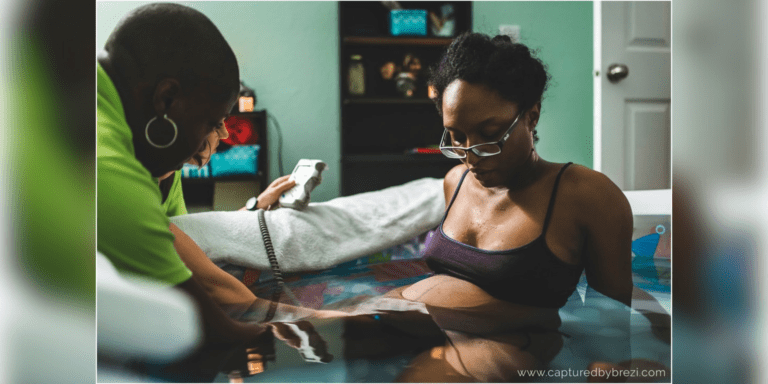Turning Strengths Into Stories

Above, National Crittenton Foundation President Jeannette Pai-Espinosa at a 2013 conference on Adverse Childhood Experiences (ACEs).
Last month, I participated in a convening co-hosted by the National Crittenton Foundation (TNCF) and the Robert Wood Johnson Foundation focused on generating solutions for marginalized young American women. “Fostering Girls’ Strengths,” the meeting’s title, is an apt summary of the goals directed at the approximately 30 participants gathered from around the country in Portland, Oregon: “We want to lift up the resilience of so many young women and girls in the face of major trauma and stress,” Jeannette Pai-Espinosa, TNCF’s President, said in her opening remarks. “How do we ensure their struggles and their strength get translated to policy change?”
It’s a question those of us who work at the intersection of so many complex issues – gender, poverty, opportunity, class, and race – often ask ourselves. At Ascend, lifting up the voices of families – children and their parents – is central to our two-generation work. The same is true for TNCF, a network of 27 independent social service agencies across the country serving young women “living at the margin of the American dream.” Many are mothers and were referred by juvenile justice, child welfare, school, and other systems. The convening explored a range of solutions – from encouraging peer-to-peer support among young women in similar circumstances to creating a fresh set of messages targeted at policymakers that capture the needs of young women who have experienced abuse and neglect.
Yet an important opportunity was woven into the meeting itself: the power of voices, evidenced by a group of women, from the Bay Area to North Carolina, who had participated in Crittenton programs. They are now speaking on behalf of TNCF and marginalized young women about their experiences – and what they believe policymakers can do to address the challenges they face. A snapshot:
· Katie Becker, a lawyer and mother of three in North Carolina: “I felt stigmatized in my community. I needed more opportunities to connect with girls like me, but also to support my drive to go to school and create a better life. I didn’t have a lot of role models.”
· Lisette Orellana, an external relations specialist and mother of two in the DC metro area: “When you suffer abuse, your choices become very limited. It can be hard to make good choices. We need more understanding of the factors that contribute to young girls’ struggles and then more resources to support them.”
· Anyania Muse, an educator and activist in Texas: “I think [policy experts] need to step out of their boxes and look at how different systems need to be accountable to everyone in a family. We are an asset that communities can’t afford to make invisible.”
These women – some of whom have presented to members of Congress – represent the power of storytelling to shift how we see the personal impact of issues like sexual violence and intergenerational poverty. Their experiences provide insight for policymakers, for instance, on how to promote social capital in high schools, or create materials that educate communities on the root causes of unplanned pregnancy.
At Ascend, we are embracing the lessons of storytelling by launching the Ascend Ambassadors, a group of inspiring parents, mothers and fathers, from programs across the nation that are serving two generations together. Ambassadors – including Katie Becker – will participate in events and webinars and join our Aspen Institute Ascend Network. We want to lift up their perspectives and the institutions that have helped their families thrive. We also want to help make the policies that support them more effective. In the coming months, this blog will feature Ambassadors’ stories, like those of Tameka Henry and Leslie Campbell, mothers who have overcome significant challenges to advocate for improved early childhood opportunities and education for justice-involved women.
As Jeannette Pai-Espinosa noted, “It’s not enough that these remarkable people tell their stories – we have to [create] ways for people with influence to hear them.”
To learn more about young women pursuing educational success on behalf of themselves and their children, watch two videos created by Ascend Fellow Steve Liss featuring Acelero Learning and Jeremiah Program.
Related Posts



